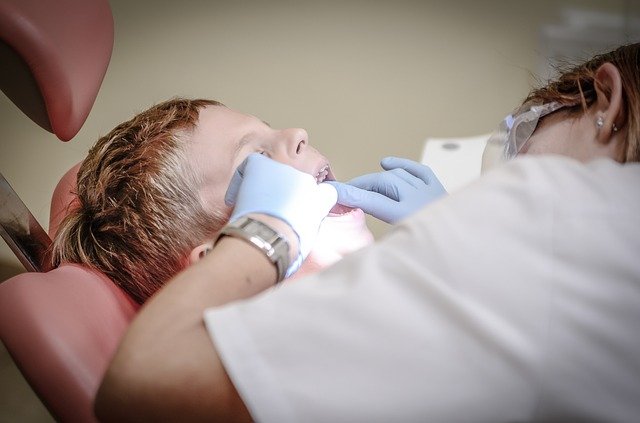A healthy body cannot do without a healthy mouth, the teeth and gums being an integral part of the body. Today, almost 89% of people believe that they have good general health when their gums bleed when brushing their teeth or they suffer from halitosis (bad breath). 50% of adults suffer from gum disease, too large a number. This is explained by dental experts. They also says that by respecting certain rules, and this, from an early age, it is entirely possible to have good oral health. Here is how to take care of your teeth.
Summary
- Dental problems are rarely inherited
- Brushing your teeth… from an early age
- How do you brush your teeth well ?
- Change toothbrush every 3 months
- Eat healthy 4 times a day, no more!
- Go regularly to your dentist… from the age of 1 year
- Constantly improving results
Dental problems are rarely inherited
Do your parents have or have had bad teeth? Have your grandparents lost all their teeth? It is by no means certain that you will suffer the same fate! It is most certainly a defect in oral hygiene which was the cause of their illness.
Even if in some people a genetic inheritance or a less favorable ground can potentially favor oral diseases (caries, gingivitis, periodontitis…), the majority of us can effectively prevent the appearance of these pathologies.
Brushing your teeth… from an early age
The purpose of brushing is to remove plaque from food residues, saliva and bacteria that secrete acids that attack the enamel and toxins that weaken the gums. Plaque is the cause of the formation of tartar and the appearance of cavities and periodontal disease, the two main oral and dental pathologies. take care of your teeth

Any tooth can decay even those of toddlers. Lactose, the sugar found in milk, is cariogenic and can favor the appearance of cavities.
- From the age of 6 months , wash the gums and teeth with a compress soaked in water, once a day.
- From 1 year old, brush your teeth with a suitable brush without toothpaste, once a day, at bedtime.
- At 2 years , two brushings per day, in the morning and in the evening for 2 minutes with a fluoride toothpaste adapted to the age of the child (<500 ppm or 500 mg of fluorine / 100 g of toothpaste), are now required.
- At 6 years old , the child can brush his teeth with a soft toothbrush adapted to his age and an adult toothpaste.
In adulthood, you must also use a soft toothbrush , more effective in interdental spaces.
To remove residues that are lodged in areas where the toothbrush cannot access, the use of brushes , for larger spaces, and dental floss , for tight spaces, is recommended.
- From the age of 5 , the use of an electric toothbrush is recommended because it is more effective than manual brushing.
How do you brush your teeth well ? Take care of your teeth
Up to the age of 6, an adult must accompany the child’s brushing.
Brushing should last 2 minutes, not less. In France, brushing lasts an average of 57 seconds, which is too little.
Change toothbrush every 3 months
On average, we use 1.7 toothbrushes each year and 3 tubes of toothpaste instead of 4. This is still too little!
Eat healthy 4 times a day, no more!
Good food hygiene goes hand in hand with good oral health.
Snacking is therefore to be banned. Beware of sugars hidden in industrial food. Chips, aperitif cakes, even light sodas, fruit juices, sauces, etc. may contain a lot of sugars which consumed between meals promote acid secretions which demineralize and attack tooth enamel.
Not to mention treats, cakes that should be consumed in moderation. Foods that are too acidic are also to be avoided (citrus fruits but especially sodas).
Go regularly to your dentist… from the age of 1

A 1st follow-up visit for the 1 year old child is necessary to inform parents about the necessities of good oral hygiene.
An annual visit to your dentist is then recommended or as soon as a symptom appears.
- Only 16% of parents take their 1 year old child to the dentist and 31% wait until the age of 6 to take their child to an initial consultation.
- Only 9% of people think of going to consult in case of painful or bleeding gums. These habits must change!
Constantly improving results
Studies on children 6 and 12 years old show that 80% of them are free from carious lesions but 20% are strongly affected. Poor food hygiene, snacking on too fatty and sugary products are the main cause. this is how you can take care of your teeth
ADDITIONAL READS :
16 benefits of coconut: why eat it?
Gluten: Advantages and Disadvantages
LOW COST KETO DIET : WITHOUT SPENDING A LOT OF MONEY
4 Sources of Calcium outside Milk – For Lactose Intolerant
